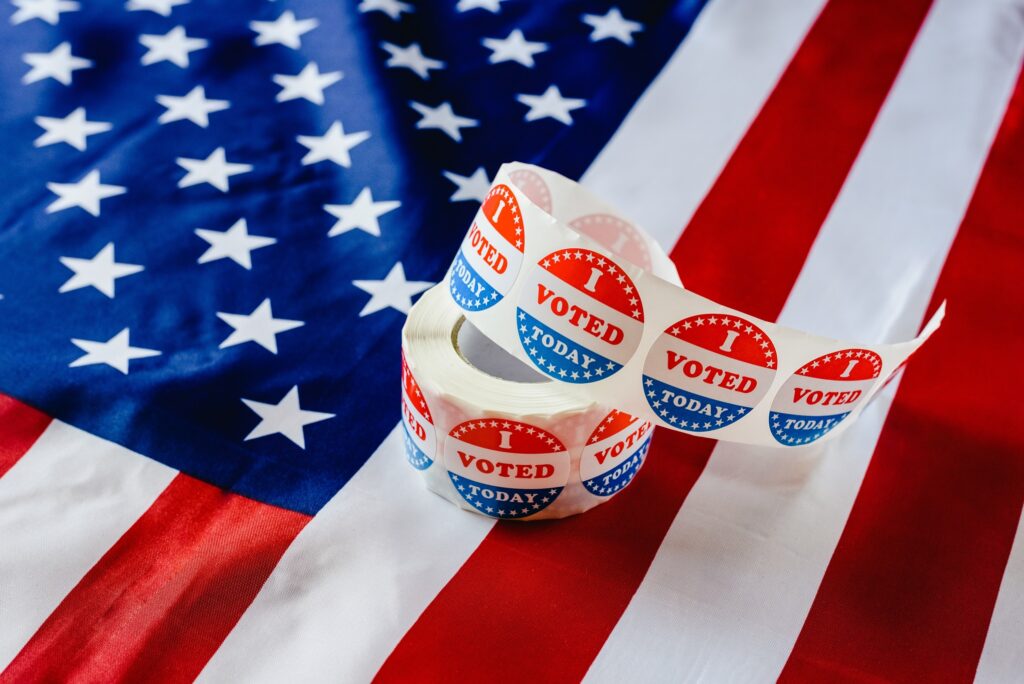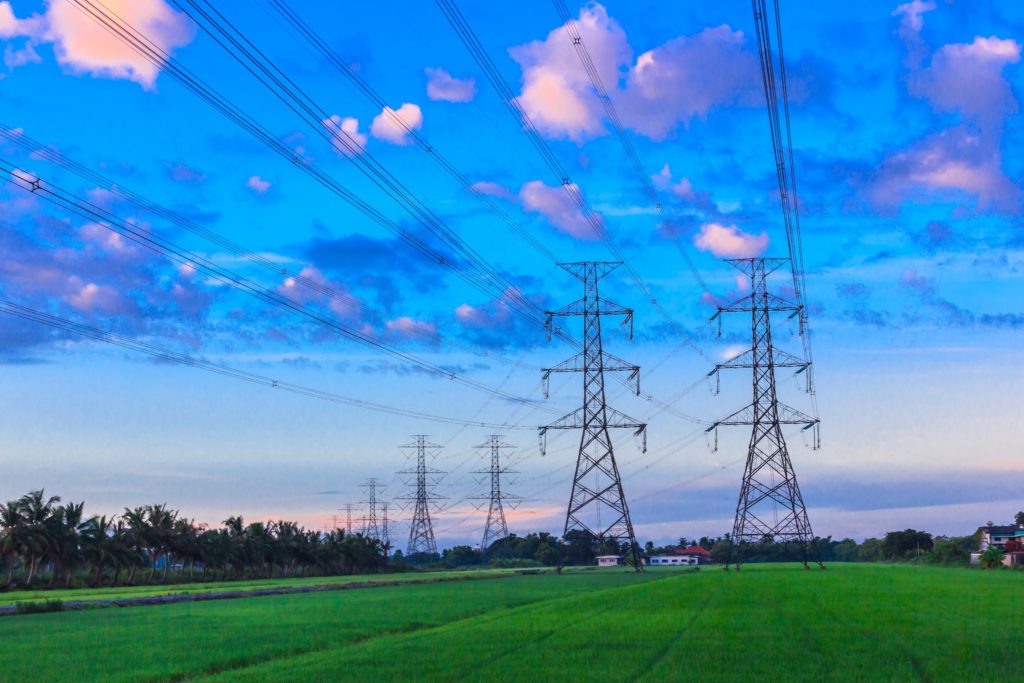Washington state could set conservative example on climate-change action
When it comes to climate-change action, conservatives like me find ourselves today in the same position we occupied during the health-care debate: opposition coupled with no alternative vision. It’s not a recipe for political success or quality public policy.
Some elements of the national Republican Party are satisfied literally to throw snowballs on the floor of the U.S. Senate, but the current debate offers Washington state’s conservatives an opportunity to chart a different course, one that can serve as a positive vision for their national counterparts.
The Obama administration’s introduction of the Clean Power Plan, along with other genuinely problematic regulations from the Environmental Protection Agency, emphasize the trouble with a strictly federal approach to environmental regulation. But there are other problems at the state level, as well. Gov. Jay Inslee’s attempts to introduce a cap-and-trade scheme have stalled, prompting a left-wing group named the Alliance for Jobs and Clean Energy to pursue a ballot initiative.
The Alliance’s revenue-positive carbon tax will cost Washingtonians and local businesses billions. But there is another option: a revenue-neutral carbon levy that addresses climate-change concerns while bolstering the state’s economy.
The centerpiece of that vision is to price carbon without increasing the size of government or the burden on taxpayers. It should be attractive to conservatives not only as a political matter, but also on the basis of free-market and limited-government principles.
The premise behind a revenue-neutral carbon levy is that every dollar raised is offset by a tax decrease elsewhere. This approach would not increase the net burden on taxpayers, but instead would shift the tax burden away from desirable activities – such as working and investing – and place it instead on an undesirable activity: pollution.
There’s no doubt that carbon regulations present a real and immediate economic threat if approached in the wrong manner, as the Obama administration has and the Alliance hopes to. That doesn’t mean doing nothing is the right approach to climate change. For markets to function efficiently, true costs must be reflected. Since carbon emissions cost nothing to those who produce them, society shoulders an unnecessary burden that inhibits competition. A revenue-neutral price on carbon will correct that problem without harming the economy.
A carbon levy, unlike a cap-and-trade system that would have the government create and run a market, allows flexibility without onerous administrative oversight. In fact, what may be the one positive aspect of the Clean Power Plan is that states are able to comply with its onerous provisions through the introduction of a local price on carbon. Washington state is well-positioned to do just that.
Initiative 732, a revenue-neutral carbon tax initiative, is on its way to qualifying for the November ballot. While imperfect, it is the best in a universe of flawed options to comply with the federal government’s new emissions targets. Unlike alternative proposals, like that from the Alliance, it resists the worst paternalistic tendencies of the “environmental justice” community that seek to advance a straightforwardly left-leaning social engineering project in the name of environmental stewardship.
Conservatives will do ourselves a big favor by supporting a price on carbon that reflects our values. Not only would it forestall a problematic cap-and-trade system, but it also would bolster the economy, place a check on the size of government and frustrate federal attempts to consolidate environmental authority. Most importantly, a carbon levy that earned conservatives’ support might put a stop to snowball fights in the U.S. Senate.






